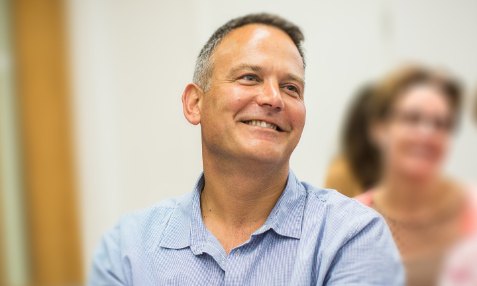Understanding coroners inquests
An inquest is a factual enquiry into the circumstances surrounding a death. A coroner will decide:
- who died
- how they died
- when and where they died
A coroner is a special judge who investigates certain deaths – such as violent deaths or where the cause of death is unknown.
At an inquest, a coroner cannot find someone responsible for a death or attribute blame. that must be decided at other courts separately – where the coroner will decide what evidence is heard, which witnesses will appear, and what witness statements are read at any further court hearings.
Coroners Inquests are often the best chance for families to ask questions.















